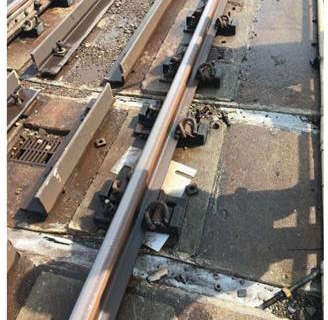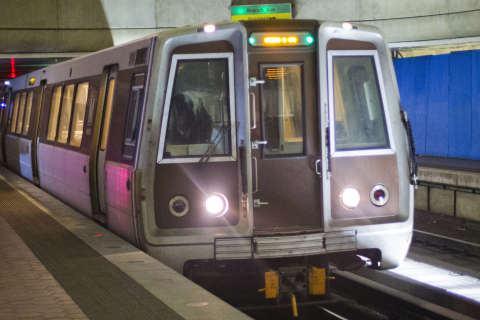WASHINGTON — “We’ll be moving momentarily, train ahead of us.”
When Metro riders hear that dreaded announcement, and there has not been a train breakdown or track problem, there is often a common root cause: overwhelmed and overworked Rail Operations Control Center workers. For the last eight years, these employees have had to do all of the juggling that, for the first 33 years of the Metro system, was entirely handled by computer systems.
Metro has identified an immediate need to add 66 percent more staff to the control center.
For decades, Metro’s computer systems ensured trains were properly spaced and moved smoothly on their own. Meanwhile, train operators confirmed that the train was operating properly, made station announcements and operated the doors. That system was shut down after a failure contributed to the deadly 2009 Red Line crash near Fort Totten and was only briefly returned to service on part of the system a few years ago.
Documents prepared for the Metro Board’s meeting this week acknowledge that there are no plans to return to the smoother automatic train operation system any time soon. In fact, as part of the response to a series of federal safety recommendations and directives, Metro said it needs to hire 33 more people to split responsibilities in the control center, to give controllers the opportunities to take breaks and to reduce distractions.
The chaotic scene in the control center was well documented during the deadly 2015 smoke incident near L’Enfant Plaza. Metro is planning to split testing of tunnel fans to a maintenance operations control desk. It is considering adding noise reducing materials to the room. It is also considering adding a separate area where supervisors could discuss how to handle situations, such as emergencies or service disruptions.
There are still concerns from Metro staff about a lack of experience in the control center.
“Retirement waves over the past decade have resulted in the loss of experienced and seasoned staff, with 45 percent of controllers now having less than three years of service. Metro has had difficulty in attracting and retaining ROCC employees due to the stressful and demanding work environment and compensation equity and other issues,” board documents said.
Metro is reviewing salaries for the controllers and has two 25-week training classes underway. When the classes and other new hires are complete, Metro plans to open a fourth operations desk that will spread the workload for controllers and cut down on radio traffic on other channels.
In the meantime, Metro has hired contractors to take care of administrative and data entry responsibilities in the control center.










